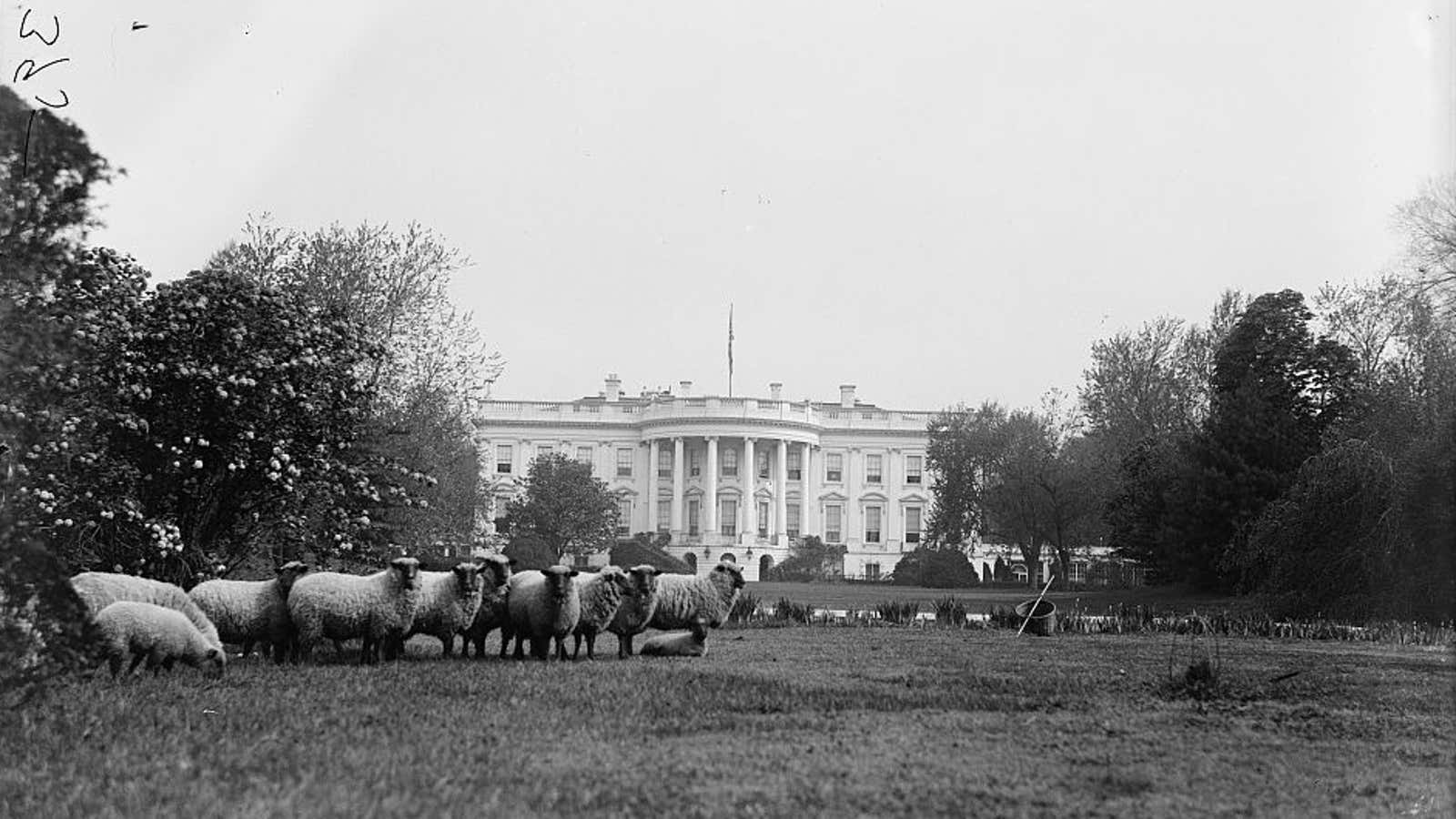It’s been about two years since Josh Tetrick first learned about the covert and illegal campaign the US egg industry hatched to torpedo his upstart vegan mayonnaise company. Now he’s championing a set of proposed reforms that will make it harder for big agricultural groups from doing the same thing.
At issue are a handful of pseudo-government boards (there are ones for cotton, beef, pork, eggs, etc.) that each control a pool of money that’s supposed to go toward promoting their corresponding products. But that money—about $500 million in all—has at times been used illegally, and new legislation with bipartisan backing in the US congress seeks to ensure these groups are more closely watched.
The hope is that reform will make it easier for new, small businesses to gain access to the market without having to contend with anticompetitive behavior by established companies and lobbying groups. For Tetrick, there was literally a conspiracy against his Bay Area vegan mayonnaise company, Hampton Creek.
The proposed legislation, introduced this week, is a shot across the bow of entrenched agricultural groups, a bipartisan signal that reforming the system is finally on the political radar. Perhaps more importantly, it’s a sign that new plant-based food companies based in Silicon Valley have amassed enough clout to influence policy in Washington, DC and engage players in both parties. Hampton Creek lobbied hard for the the bill. So has the Good Food Institute, which promotes companies developing alternatives to animal-based products.
“It’s a new day,” Tetrick says. “We’re aware of this stuff and we’re not going to sit back while it’s happening.”
The legislation emphasizes how many food issues rarely fall neatly into one political camp. Utah senator Mike Lee, a Republican, and New Jersey senator Cory Booker, a Democrat, sponsored the bill, they say, because the current setup squelches innovation and makes it hard for small businesses—including new food-tech companies—to grow.
How checkoffs work
Farmers and ranchers are required to contribute a portion of their earnings to a pool of money overseen by their industry’s board. The US Department of Agriculture (USDA) manages these boards. The money collected can be used for to promote and market agricultural goods. For example, cattlemen must put $1 per cow they sell toward the Beef Checkoff Program. In turn, the Beef Checkoff Program uses the money to promote beef. This much-imitated 1993 commercial was paid for by the Beef Checkoff Program:
It’s the same story for the emblematic Got Milk? marketing campaign, which has appeared in the pages of major magazines as well as on television:
The federal check-off program employs the idea that ‘a rising tide floats all boats.’ Commercials and ads aren’t supposed to highlight specific brands or companies, just promote the general commodity. The marketing is supposed to increase consumer demand, broaden the market, and spur the development of new products.
So what went wrong?
Through the years, it’s become clear that checkoff money has been used illegally to influence policy and undermine other food products—activity that goes against the very spirit of the program. Here are a few examples:
- In 1997, in came to light that the National Pork Producers Council, a lobbying group, had used checkoff money to spy on activist groups.
- In 2013, the National Cattleman’s Beef Association was ordered by the USDA to reimburse the beef checkoff program $216,944 for misusing funds.
- In 2016, the United Egg Board was found to have spent checkoff money to fund a campaign to halt the growth of Hampton Creek. The campaign included paying consultants to try and get Whole Foods to stop carrying Hampton Creek products and paying bloggers to discredit the company (pdf).
Because the programs have not been transparent about how money is being used, funding has, at times, gone toward dubious and unlawful activities.
What the legislation proposes
If the proposed legislation passes, checkoff programs will be forced to make their budgets and allocations public. This is not something that major agricultural groups are going to like. Just last year they worked with lawmakers to ensure checkoff programs would be exempt from disclosing how they use their funds.
“It’s a step toward recognizing that this is problem,” Tetrick says. “Obviously this is a very contentious Congress and it’s difficult to get anything through. I’m hopeful this is one issue that intelligent Republicans and intelligent Democrats can agree on.”
